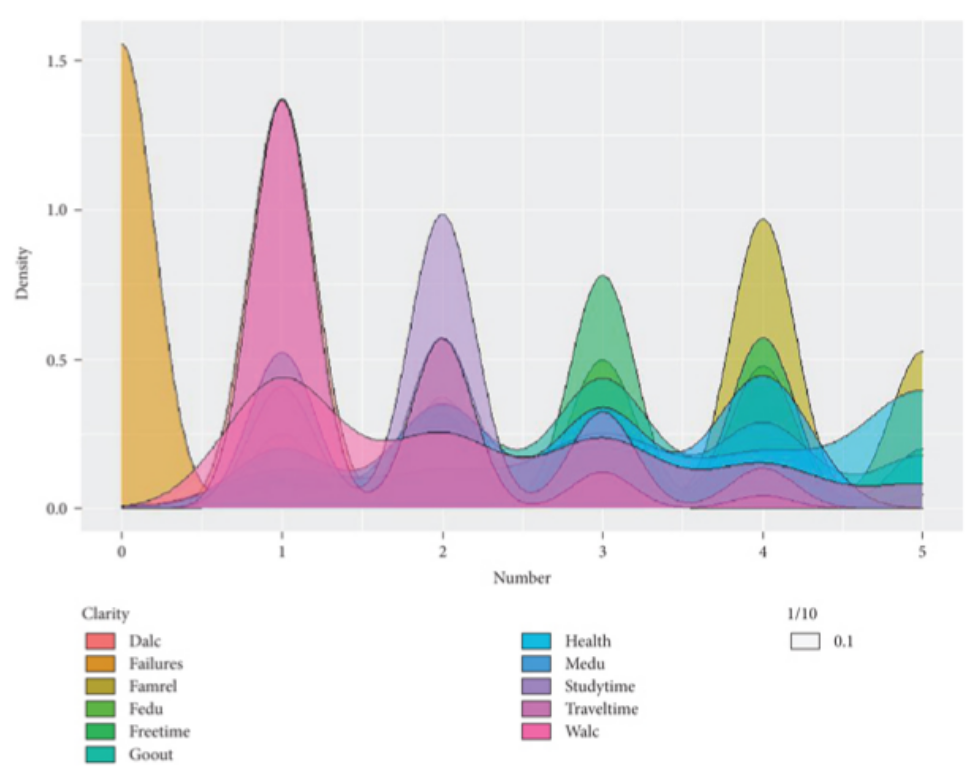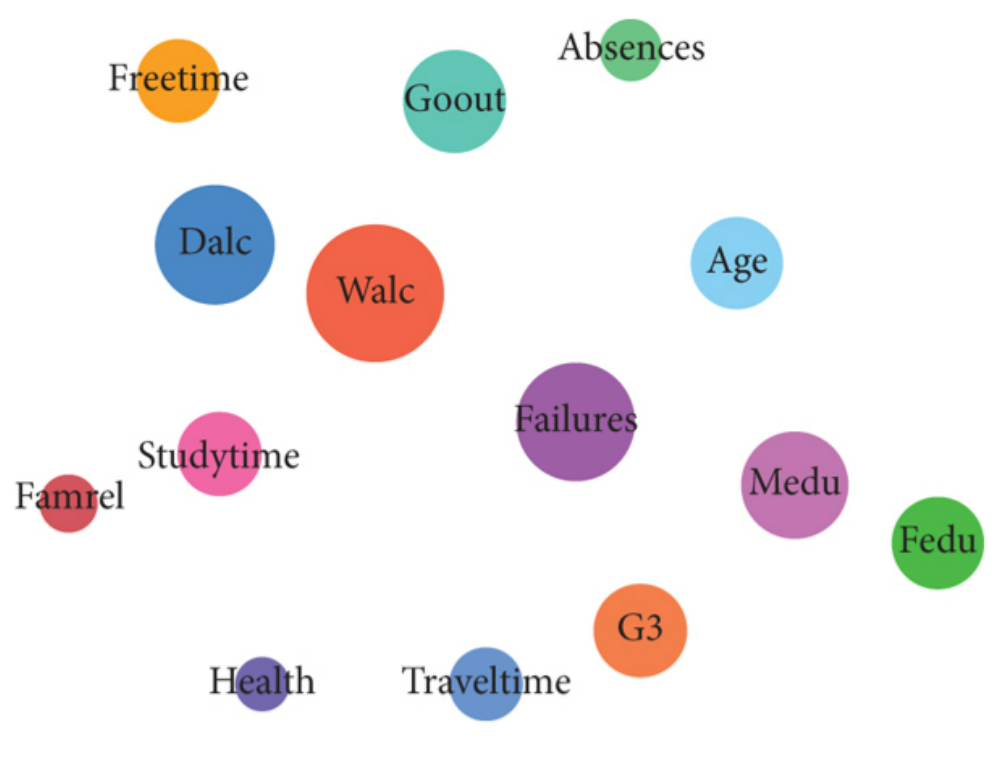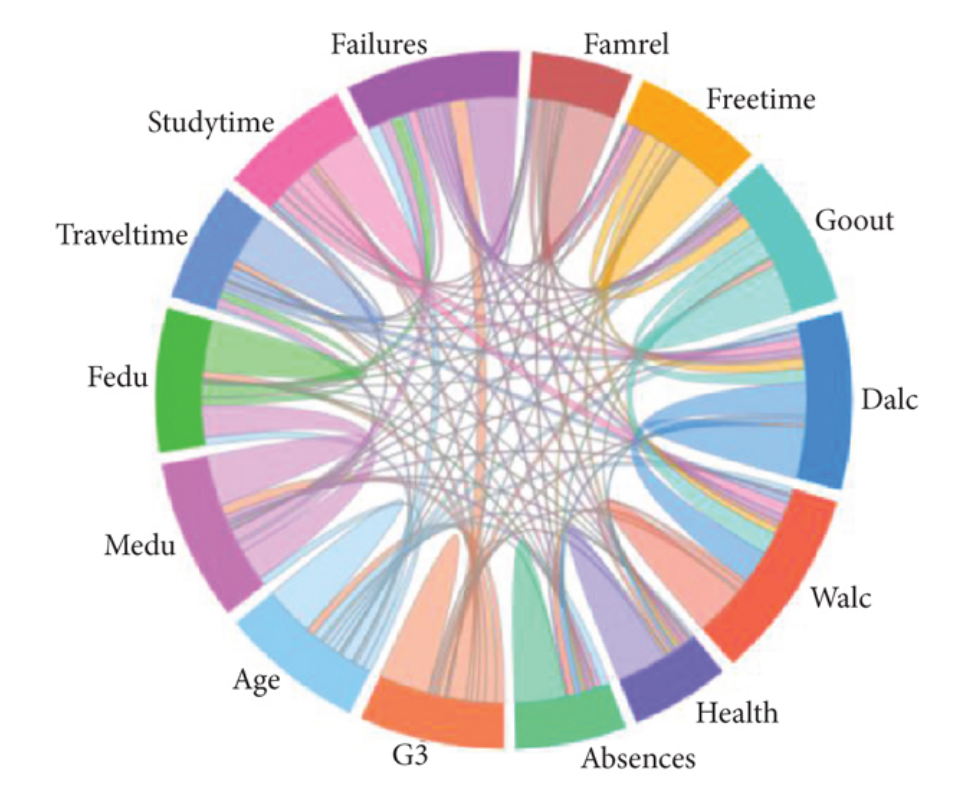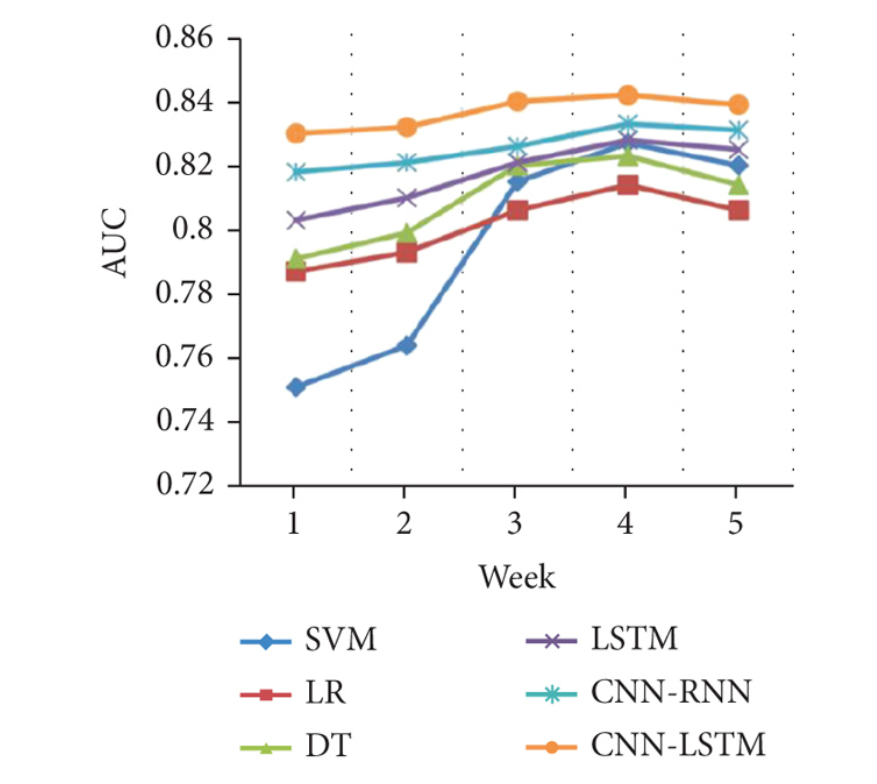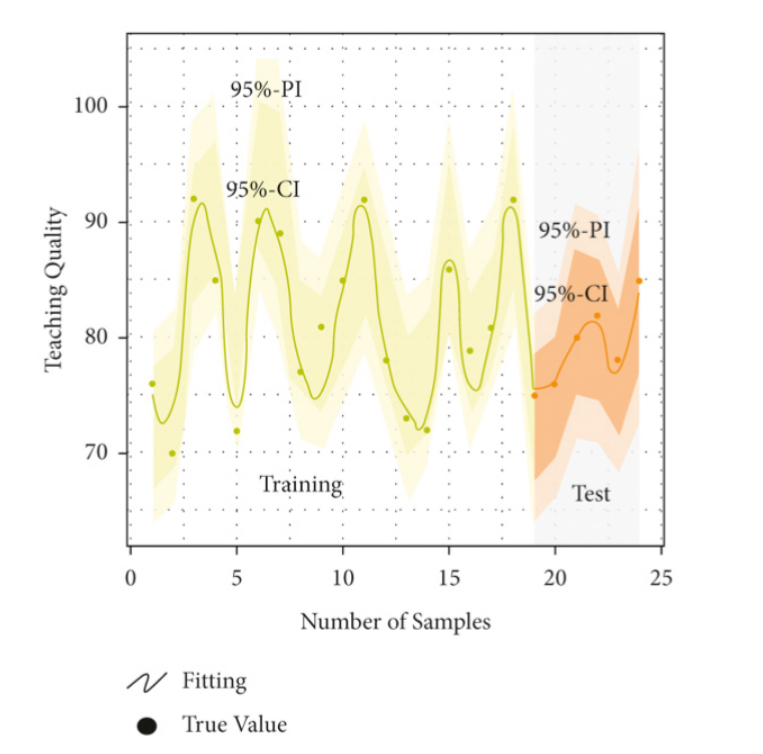 An open access journal
An open access journal
AI in Education: Transforming Learning and Personalized Instruction
Abstract
This paper examines the transformative impact of artificial intelligence (AI) in education, focusing on how AI technologies are revolutionizing learning and personalized instruction. Through an analysis of case studies and research findings, the study explores how AI-driven solutions such as adaptive learning platforms, intelligent tutoring systems, and educational data analytics are reshaping various aspects of the educational process, including curriculum design, student assessment, and teacher support. It discusses the potential benefits of AI in improving learning outcomes, enhancing student engagement, and addressing individual learning needs, while also addressing challenges related to equity, privacy, and ethics in educational AI applications. Additionally, the paper examines the role of AI in enabling more personalized and adaptive learning experiences, by analyzing student performance data and providing real-time feedback and recommendations. Furthermore, it discusses the importance of teacher professional development, collaboration between educators and AI developers, and stakeholder engagement in harnessing the full potential of AI in education. The findings underscore the transformative power of AI in creating more inclusive, effective, and personalized educational experiences for students and educators alike.
Share and Cite
Article Metrics
References
- Baker, R. S., & Inventado, P. S. (2014). Educational data mining and learning analytics. Learning analytics: From research to practice, 61-75.
- Behrooz, M., & Rohani, V. A. (2019). Machine learning in education: A review. Computer Applications in Engineering Education, 27(6), 1351-1362.
- Graesser, A. C., & Hu, X. (2018). Natural language processing in education. International Handbook of the Learning Sciences, 2018, 224-233.
- Koedinger, K. R., Stamper, J. C., McLaughlin, E. A., & Nixon, T. (2013). Using data-driven discovery of better student models to improve student learning. In Handbook of educational data mining (pp. 157-174). CRC Press.
- Lane, H. C., & Graesser, A. C. (2018). Artificial intelligence and the future of education. Journal of Artificial Intelligence in Education, 28(2), 353-354.
- Siemens, G., & Baker, R. S. (2012). Learning analytics and educational data mining: Towards communication and collaboration. In Proceedings of the 2nd international conference on learning analytics and knowledge (pp. 252-254).
- VanLehn, K., Graesser, A. C., Jackson, G. T., Jordan, P., Olney, A., & Rose, C. P. (2007). When are tutorial dialogues more effective than reading? Cognitive Science, 31(1), 3-62.
- World Economic Forum. (2016). New Vision for Education: Unlocking the Potential of Technology.

